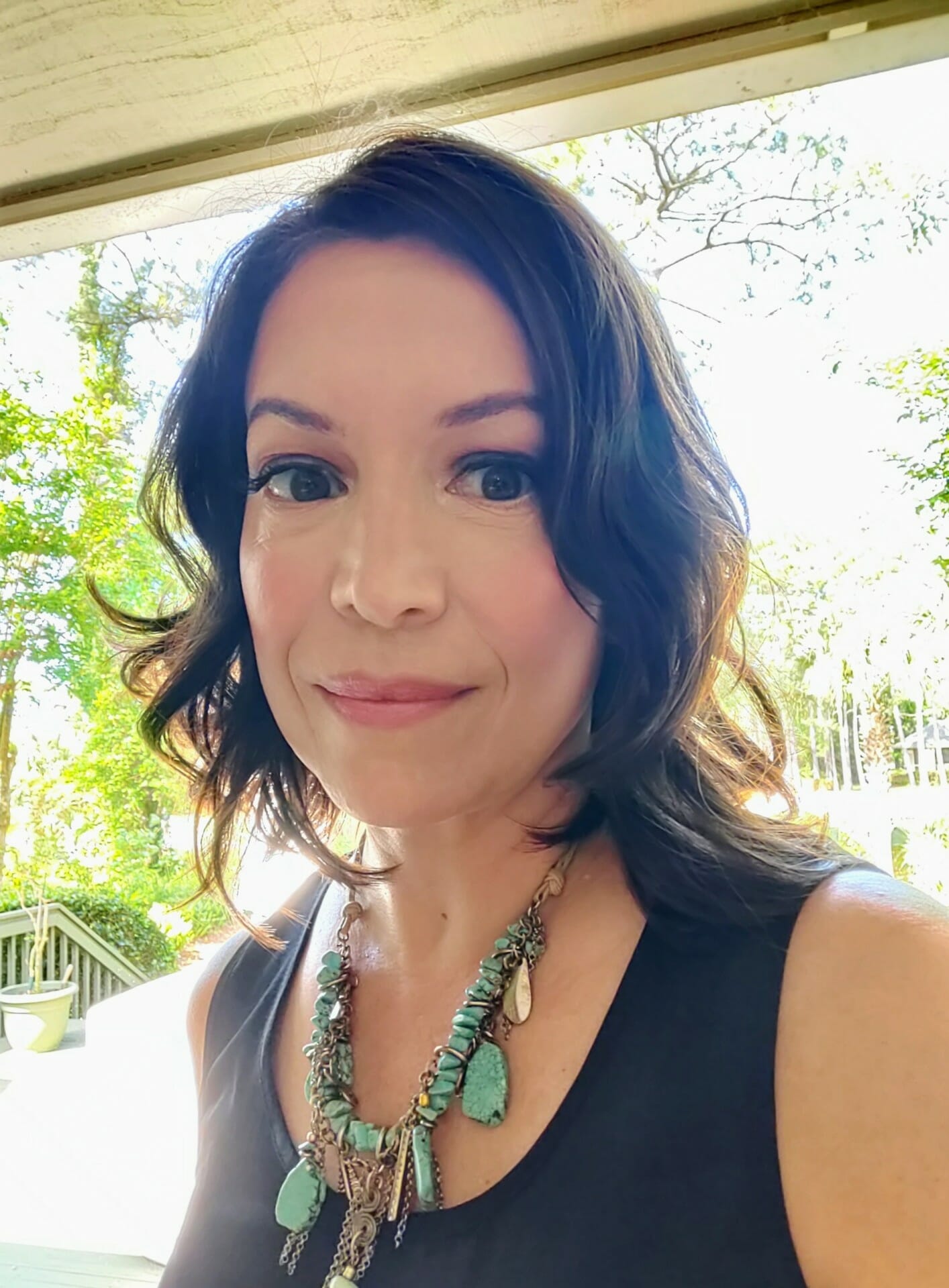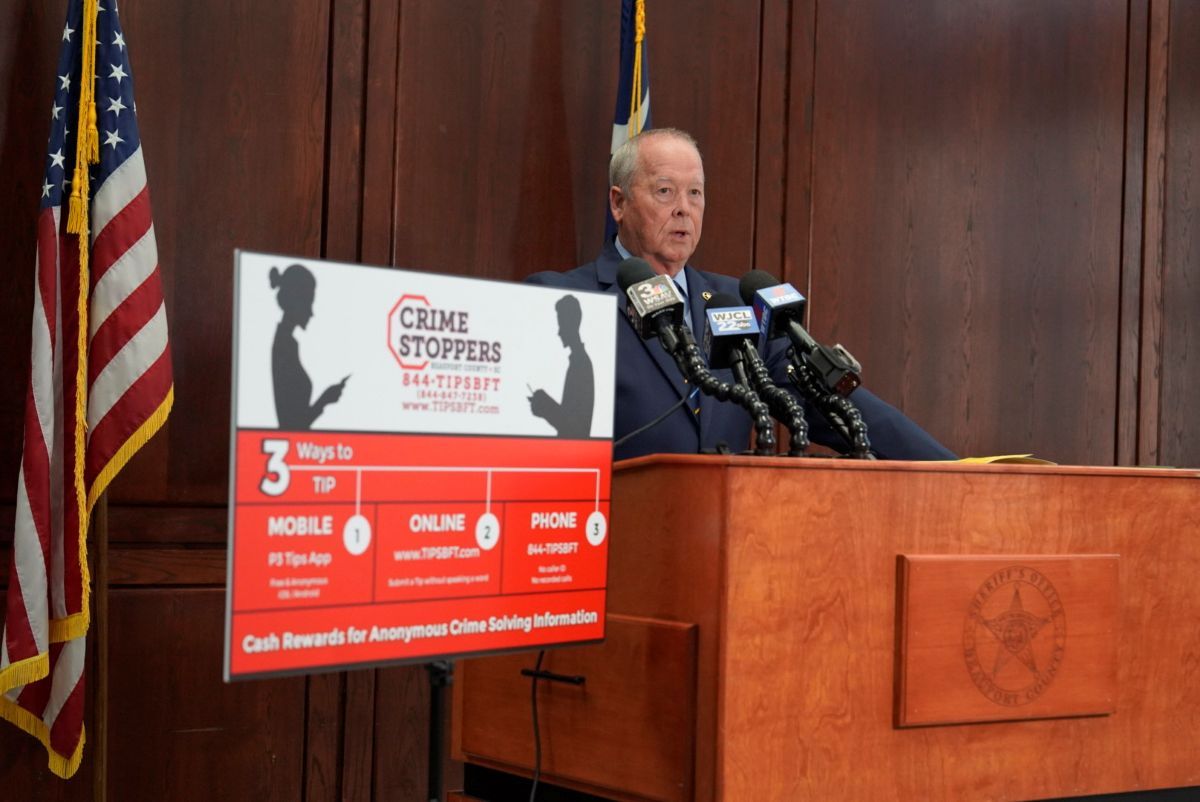By Joann Orischak
As Mother’s Day approaches, I reminisce about my mother’s guidance. Though she passed several years ago, she left my five siblings and me with countless practical sayings to help us navigate life’s future challenges long after she’s gone.
One that has served me well, and that I’ve passed onto my own children, is “When in doubt, don’t.”
I am not certain if she was the author, or perhaps my grandmother, but it has made easier work of difficult decisions on many occasions.
This saying simply means if you’re uncertain whether or not to make a decision (any decision), you’re better advised not to take action at that time.
It doesn’t dismiss the prospect altogether, but it underscores that nagging doubt is typically accompanied by well-founded justifications.
I realize the no-risk, no-reward crowd probably wouldn’t approve of this mantra, but If you’ve ever erred on the side of caution and steered clear of a risky decision to later learn you’ve been spared, you understand the wisdom of this counsel. To err is human, but regret is exponentially compounded when we disregard warning signs, hastily entering into poor decisions, particularly when avoidable.
Doubt comes in many forms, personal and otherwise. It’s the reason behind many broken marriage proposals, or routine situations such as choosing not to power through a yellow light teetering on red.
Opting out of public salad bars during a pandemic, and whether or not to purchase those expensive shoes you might only wear once a year all fall under the “when in doubt” umbrella.
No one relishes asking themselves the all-too familiar question “why didn’t I listen to my gut?” Hindsight has 20/20 vision, but that little voice you heard beforehand telling you not to proceed becomes deafening if in fact you choose wrongly.
As someone else’s mother once said, “an ounce of prevention is worth a pound of cure.”
For elected officials, doubt poses an even heavier burden, because they are making decisions on many others’ behalf. Doubt and reluctance can be prompted by many factors, not the least of which is insufficient or inaccurate information.
We want our elected officials to ask themselves the following each time they consider new proposals or continue existing ones: Is the information received accurate and complete in order to cast an informed vote? Was the information received in adequate time allowing for proper review? Would the electorate largely support this action?
I learned early while serving as a school board representative that nagging, lingering doubt in any given decision almost always foretold of a cautionary tale down the road. That “pound of cure” more times than not involves legal fees.
This Mother’s Day, in addition to giving traditional gifts and placing flowers by tombstones, consider honoring our mothers by heeding the insights they most wanted us to embrace. Pass along a saying or two of your grandmother’s to your children they’ve never heard before, and explain to them what it’s meant to you.
What better way to celebrate our mothers than to pay homage to their sagacity? Mother really does know best.
JoAnn Orischak served as the District 11 Representative to the Beaufort County Board of Education from 2012-2020. She resides on Hilton Head Island and can be reached at JoAnnOrischak.TheIslandNews@gmail.com.







